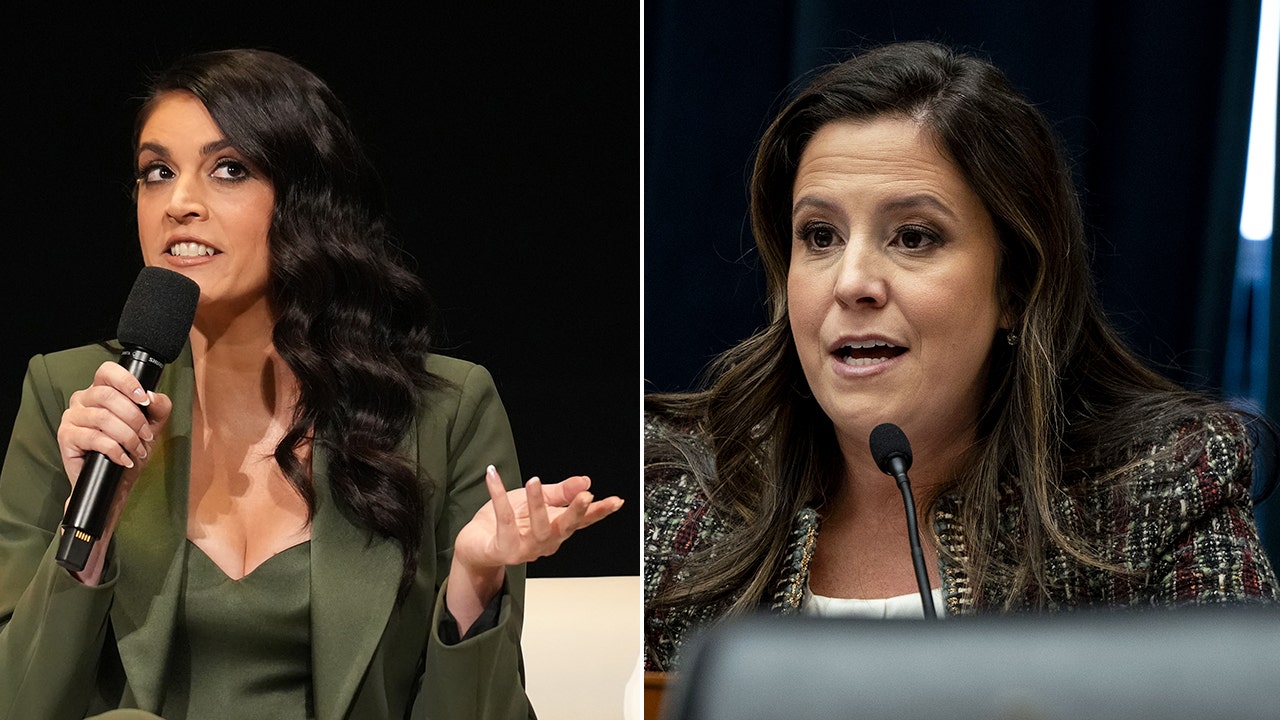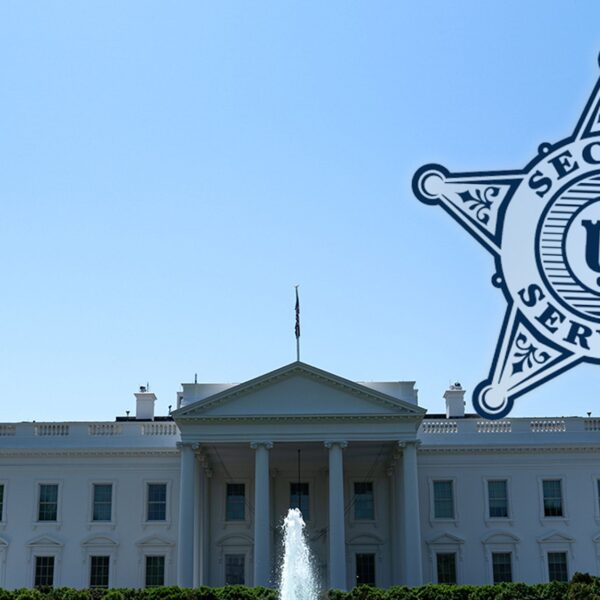Two initiatives that unfolded on Tuesday evening seemed to capture, in the flash of a few hours, the outline of President Trump’s vision for shaping American power.
Ten thousand people working around the world for U.S.A.I.D., the main American aid agency, were told to pack up and come home over the next month, eviscerating a Kennedy-era initiative to build alliances by making the United States the world’s most generous and benevolent superpower. Mr. Trump declared that their leaders were “radical left lunatics,” and the State Department ordered them to halt virtually all their projects, even if that meant cutting off programs that helped eradicate smallpox and prevented millions of H.I.V. cases.
At the same time, in the East Room of the White House, Mr. Trump was describing a new American venture to seize, occupy and rebuild Gaza into the “Riviera of the Middle East.” The two million Palestinians there would be moved elsewhere — whether voluntarily or by force was never made clear. A 15-year clearing and rebuilding of a devastated land would commence, Mr. Trump said, one that experts imagine could easily cost multiples of the roughly $40 billion that the United States spends annually on U.S.A.I.D.
Mr. Trump then described a future for Gaza in which it would be repopulated by citizens of the world, living happily in glass towers with spectacular sea views. There was no discussion of a right of the Palestinians to return to the territory, which he said would be owned and governed by the United States. Nor was there discussion of whether moving the Palestinians out involuntarily would violate the Geneva Conventions’ prohibition against “mass forcible transfers.”
Rarely has a confluence of declarations captured so vividly how Mr. Trump’s vision of America First is only selectively isolationist — and motivated by national and commercial profit. His is a one-way version of isolationism, defended by high walls at home and protected by American troops at the border to keep illegal immigrants out. But the borders of other territories must give way to American national security concerns, or development whims.
In this vision, the Panama Canal and Greenland must be owned or operated for American interests first, including mining rights for rare earth in Greenland and an eviction of any Chinese presence in Panama. It is what Mr. Trump’s national security adviser, Michael Waltz, referred to last month as the Monroe Doctrine 2.0.
But that doctrine applied only to the Western Hemisphere. Gaza would be an out-of-area operation, and as Mr. Trump described it on Tuesday night, very likely a forcible insertion of American troops abroad — not unlike what William McKinley, Mr. Trump’s hero, did in the Philippines 127 years ago or what George W. Bush ordered in Iraq a little more than a century later.
Both are now regarded as acts of American colonialism, if not imperialism. And both sparked insurgencies that later presidents had to clean up.
Mr. Waltz said on Wednesday that Mr. Trump had been thinking about his proposal for months and that he wanted to force “the region to come up with its own solutions.” Someone, he said, had to come up with “realistic solutions on how those miles and miles and miles of debris are going to be cleared, how those essentially unexploded bombs are going to be removed.”
But as the day wore on, Mr. Trump’s aides began to backpedal on the idea of sending in the military. “I am saying that the president has not committed to that just yet,” Karoline Leavitt, his press secretary, said on Wednesday.
Perhaps Mr. Trump wasn’t committed to it because he campaigned in 2016 on ending the “forever wars” and has long argued that the U.S. should get out of the Middle East. And without some kind of major military presence it is unclear how, exactly, Mr. Trump planned to remove the Palestinians who refuse to leave, convinced that they would simply be surrendering the land to Israel. Nor is it clear who, exactly, would clean up those unexploded bombs and mines.
Nonetheless, Mr. Trump’s proposed solution for Gaza should not have been a surprise. Where diplomats look at a problem and see a negotiating challenge, Mr. Trump looks and sees a future resort rising from the sands.
During his first term, he even had a video produced for Kim Jong-un, the North Korean leader, showing him how hotels and condos could be built along the North’s east coast, painting a picture of Chinese and Japanese tourists bringing their children to enjoy the North’s charms, if Mr. Kim would just give up that arsenal of nuclear weapons. (After an exchange of letters with Mr. Trump, the North Korean leader chose to keep accelerate the weapons program — and now his arsenal is now far larger. Those beaches still have buried mines, rather than five-star resorts.)
Strikingly, as Mr. Trump made his sales pitch, there was no acknowledgment, even fleetingly, of why the United States would have a legitimate sovereign claim on Gaza — or why he would want to own the territory, and with it the insurgency that could well follow any effort to force out the population. That, too, should not have been a surprise: From all accounts, there was no effort by the White House to field-test the ideas with the government’s experts, hold Situation Room meetings that weighed the pros, the cons or even the legality of the idea.
He did not give allies in the region a heads-up — even Jordan and Egypt, which he said would come around to the idea of absorbing the Palestinian refugees. He made no effort to square the idea with his long-running critique of America’s “forever wars.”
It was diplomacy by the seat of his pants, the force of his will and his certainty that every beautiful beach deserves a Trump international property, or its equivalent. And it was wrapped in an explanation that there was no other way to start the process than by evicting everyone and bringing in the bulldozers.
“In any city in the United States of America, if you had damage that was one-hundredth of what I saw in Gaza, nobody would be allowed to go back to their homes,” Steven Witkoff, Mr. Trump’s Mideast envoy and a fellow developer, said after viewing the region from the air. “That’s how dangerous it is.”
There was a bit more explanation of the logic behind recalling the U.S.A.I.D. staff, but it was more a critique of what had gone wrong with America’s aid programs than a strategy to fix them.
American diplomats have long complained that U.S.A.I.D. had grown too distant from American interests, that its programs often operated on autopilot. Many career diplomats have argued, publicly and privately, for bringing the independent agency back inside the State Department, much as many American allies run aid from their foreign ministries.
But as Secretary of State Marco Rubio spoke about U.S.A.I.D. to Fox News while visiting El Salvador on Monday, he described an us-versus-them hostility among those running the aid efforts.
“They have basically evolved into an agency that believe they’re not even a U.S. government agency,” he said. “They’re a global charity, that they take the taxpayer money and they spend it as a global charity irrespective of whether it is in the national interest or not.” He added that the agency’s leaders “just think that they’re a global entity and that their master is the globe, not the United States.”
If Mr. Rubio wanted a target for his wrath, he might have chosen Congress: The great majority of U.S.A.I.D.’s programs are mandated by earmarks passed by lawmakers.
Instead, he cited complaints that “U.S.A.I.D. is not only not cooperative; they undermine the work that we are doing in that country,” though ambassadors often have the same complaint about American military attachés and C.I.A. station chiefs who represent American interests in nations around the world. The agency also has appeared caught in America’s internal conflict over social issues: Soon after he was inaugurated, Mr. Trump again restricted the use of American foreign aid to any organization around the world that provide abortions.
Mr. Trump’s chosen foreign policy tools are instead the bulldozer in Gaza and the wrecking ball to the hard-to-assemble infrastructure U.S.A.I.D. built around the world.
“You would much rather see us go methodically through these programs,” said Michael Singh, the managing director of the Washington Institute for Near East Policy and a veteran of the Bush administration, whose proudest moment was initiating the program, in 2003, that has been so effective against the spread of AIDS.
“But Trump believes he needs to get as much done as quickly as possible,” Mr. Singh said. “And that’s why he is a disrupter. So we need to think hard about each of these programs, and justify them in terms of American national interest.”
“We also have to remember,” he added, “that once you dismantle something, it’s tough to rebuild.”















